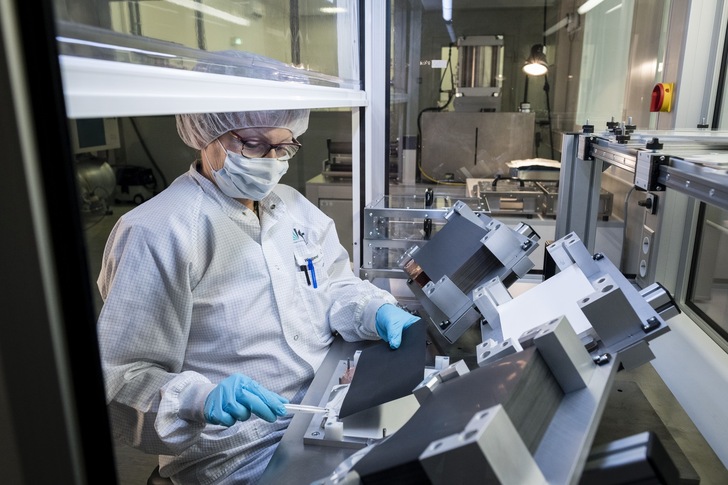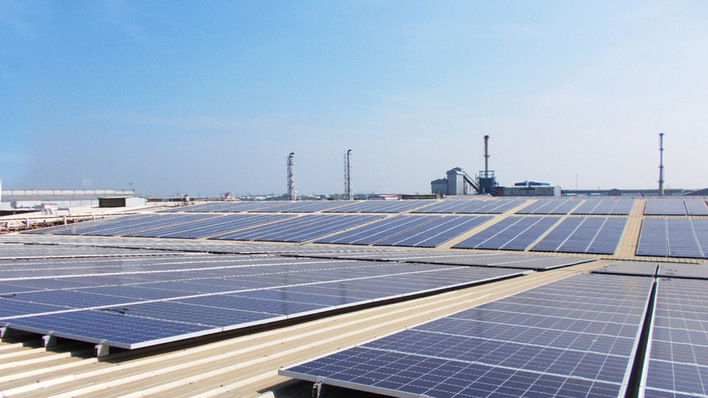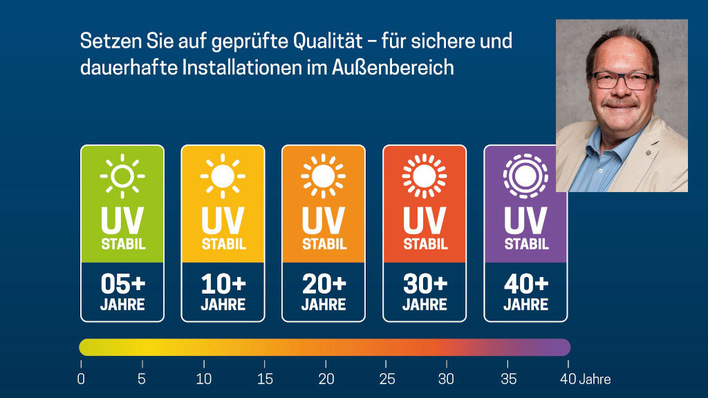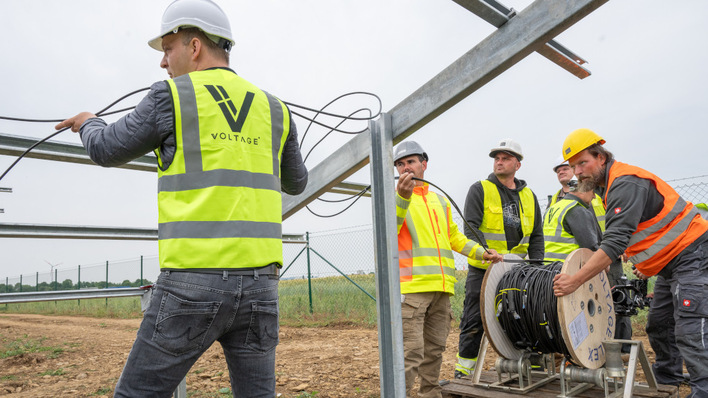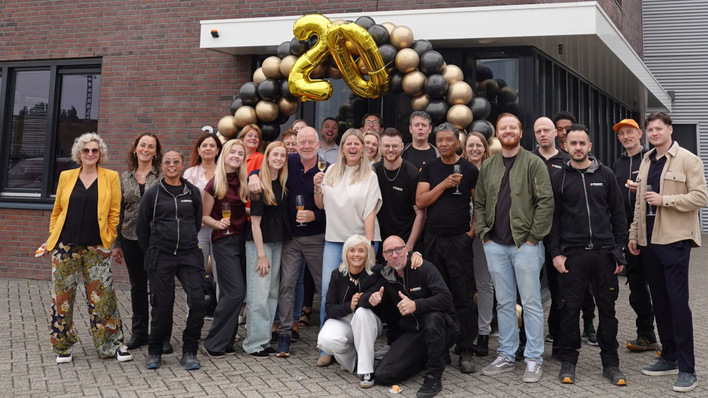The sustainability of electromobility depends largely on the batteries. These contain important raw materials such as lithium, cobalt, nickel and manganese. More than 90 per cent of the materials used in lithium batteries can be recycled. But the Libinfinity project that has now been launched goes beyond this and aims at a holistic recycling concept.
Extending the life cycle of the battery
"Especially in the electrification of trucks, the batteries require so much material that using recyclates for other applications is not sufficient," says Professor Helmut Ehrenberg. He is head of the Institute for Applied Materials in Energy Storage Systems at the Karlsruhe Institute of Technology, or KIT. "Rather, what is needed is a closed cycle in the batteries themselves. That means using the materials from used batteries to make new batteries."
See also: BASF builds battery recycling plant in Lusatia in eastern Germany
In Libinfinity, partners from research and industry are developing an approach that ranges from logistics concepts to the reintegration of recyclates into the battery life cycle. They are developing an innovative process that does not require any energy-intensive process steps and enables higher recycling rates: materials that cannot be separated mechanically are broken down at relatively low temperatures with the help of water and chemicals. In the project, KIT takes on the function of testing the recyclates, i.e. the recovered materials, for their suitability as starting materials for the production of new batteries.
17 million euros in funding from the federal government
For the Libinfinity project, a consortium has come together around the company Licular, a 100 percent subsidiary of Mercedes-Benz. In addition to KIT and Mercedes-Benz, the project partners are Daimler Truck, Primobius, the SMS Group, TU Clausthal and TU Berlin. A recycling pilot plant with an annual capacity for 2,500 tonnes is currently being built at the Mercedes-Benz site in Kuppenheim. The Federal Ministry for Economic Affairs and Climate Protection is funding Libinfinity with almost 17 million euros. (nhp/mfo)
Also interesting: KIT: Perovskite stacks increase energy yield


